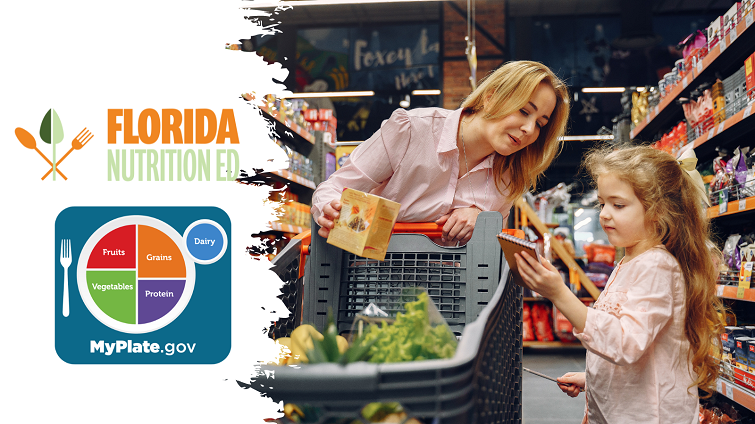The Dietary Guidelines for Americans (2020-2025) provide the steppingstones for building a healthy, nutritious eating pattern. With this guidance, individuals can improve the quality of their diets, meet important nutrient needs, and reduce the risk of certain health conditions. Here’s a quick guide to making informed, sustainable changes using the principles of the Dietary Guidelines.
1. Meet Nutrient Needs Primarily from Food and Beverages
When possible, prioritize meeting your body’s nutrition needs by choosing whole foods and nutrient-dense beverages. Following the guidelines for a balanced eating pattern helps people meet the Recommended Dietary Allowances (RDAs) and Adequate Intakes (AIs) for essential nutrients. Fortified foods and supplements can be helpful in certain situations, but don’t rely on these - they should not replace a balanced diet.
Tip: Whenever possible, aim to get essential nutrients from fruits, vegetables, whole grains, lean proteins, and dairy products, including canned, frozen, or shelf-stable forms.
2. Choose a Variety of Foods from Each Group
A balanced diet combines a variety of foods to ensure that you get a range of nutrients. Enjoy food from all food groups—fruits, vegetables, grains, protein foods, and dairy. Variety not only supports good health but also allows flexibility to honor personal preferences and traditions.
Tip: Different forms of foods can fit into a healthy diet but aim for nutrient-dense versions with low (or no) added sugars, sodium, and saturated fats.
3. Be Mindful of Portion Sizes & Nutrition Facts Labels
Portion size matters, especially for foods that don’t provide many nutrients. While the term “serving size” appears on Nutrition Facts labels to reflect what people typically eat, it is not a recommendation of how much should be consumed. Pay attention to serving sizes on packaged foods, as many contain multiple servings per package.
Tip: MyPlate provides an easy visual for the types of foods to include in each meal, and estimated proportions. Visit MyPlate.Gov for to calculate “Your MyPlate Plan” which includes more personalized recommendations.
4. Most Americans Need to Improve Their Diets
According to the Healthy Eating Index (HEI-2015), which measures how well someone follows the Dietary Guidelines, the average score for Americans ages 2 and older is 59 out of 100—meaning there is a great deal of improvement needed in dietary intake. Each step closer to aligning with the Guidelines can make a positive impact on overall health.
Tip: Small, consistent changes can lead to better HEI scores and improved health.
One Small Step, One Meal, One Day at a Time
Healthy eating means enjoying a variety of foods, creating balanced meals, and making choices that support your well-being over time. There are food and nutrition resources in your community which can help you reach your nutrition related goals, including food support and free nutrition education classes throughout the state of Florida.
Find Support
Find your local food banks here and access local food support.
Visit www.FloridaNutritionEd.org to review a calendar of upcoming nutrition education classes, along with information about healthy eating, shopping on a budget, making recipes that work for you and your family, and virtual nutrition education classes.
This institution is an equal opportunity provider.


